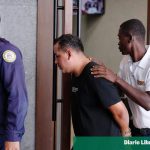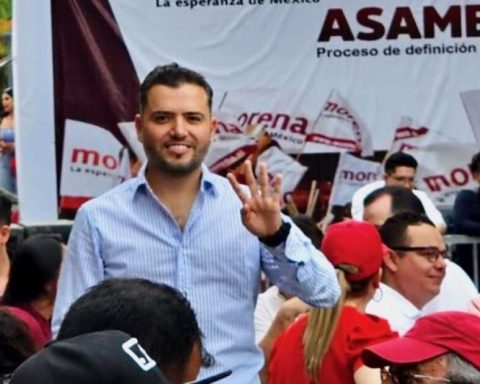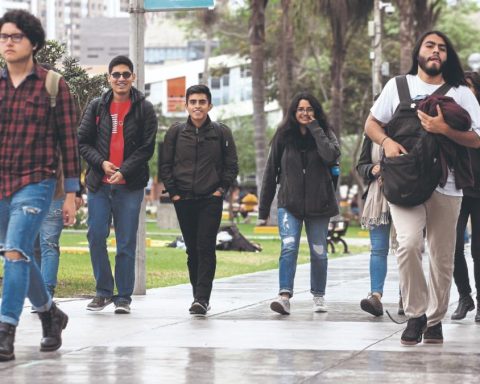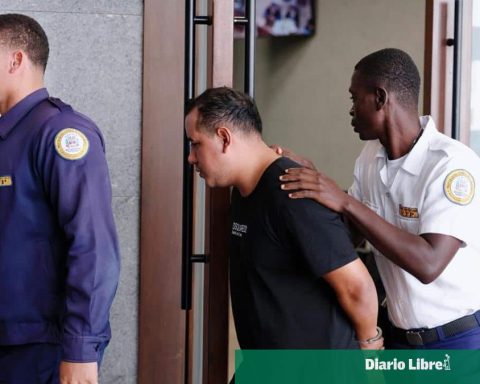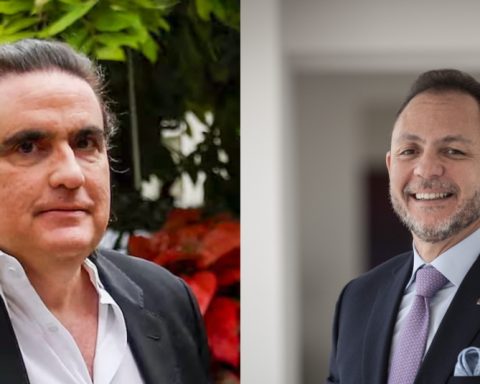Parallel to the gigantic progress in its development in recent years, the Caribbean region of Colombia is already preparing itself with integral and productive solutions to continue with this impulse of the territory, but from a sustainable point of view, where its role with the environment plays a greater determining role.
(Tourism should triple to replace oil: experts).
That was one of the conclusions of the forum ‘Caribbean: Engine of sustainable development’, carried out this Monday by the Portafolio and El Tiempo media, together with key allies in the region, among those who participated in the discussion: Barranquilla Chamber of Commerce (CCB), the ProBarranquilla entity, the Fundesarrollo think tank, the energy company Ecopetrol, the Simón Bolívar University, the Santo Domingo Foundation and the firms Essentia, Nitrofert and Cerro Matoso.
José Fransisco Aguirre, executive director of the Santo Domingo Foundation, mentioned that Colombia has a great opportunity to take advantage of its biodiversity as a competitive advantage. “We have to materialize this advantage and see a country that has a space around agriculture and environmental sustainability to be a global benchmark“, said.
(Caribbean Coast, the golden gate of ‘nearshoring’).
Pedro Oviedo, production manager of Cerro Matoso, pointed out that, looking to the future, it is essential to execute an energy transition plan by the companies in the sector, in addition to building and preserving a environment of integrity between the public, private and academic sectors.
For his part, Andrés Piñero, president of the Nitrofert firm, stressed the importance of adding the largest number of companies to Colombian agriculture, since in his opinion, therein lies the key to the country’s sustainable socioeconomic development.
“This is the sector that can generate an impact on social development and on closing poverty gaps. Our call is to join efforts to take the Colombian countryside to the place where it should be,” said Piñero.
(Higher education stagnates in the Caribbean region).
In his turn, Carlos Mauricio Torres, director of circular economy at Esenttia, emphasized the importance of these processes and the realization of strategic alliances with different allies to make production processes more environmentally friendly.
The event also featured, in a first panel, an overview of the current economic situation in the Caribbean region, in which the actions to which the territory should aim towards greater sustainability and productivity were also identified.
Manuel Fernández Ariza, executive president of the CCB; Vicky Osorio, executive director of ProBarranquilla and Oriana Álvarez, executive director of Fundesarrollo.
In a second panel, on innovation and transformation, José Consuegra, rector of the Simón Bolívar University and Ernesto Gutiérrez, vice president of Innovation at Ecopetrol, were present.
BRIEFCASE








